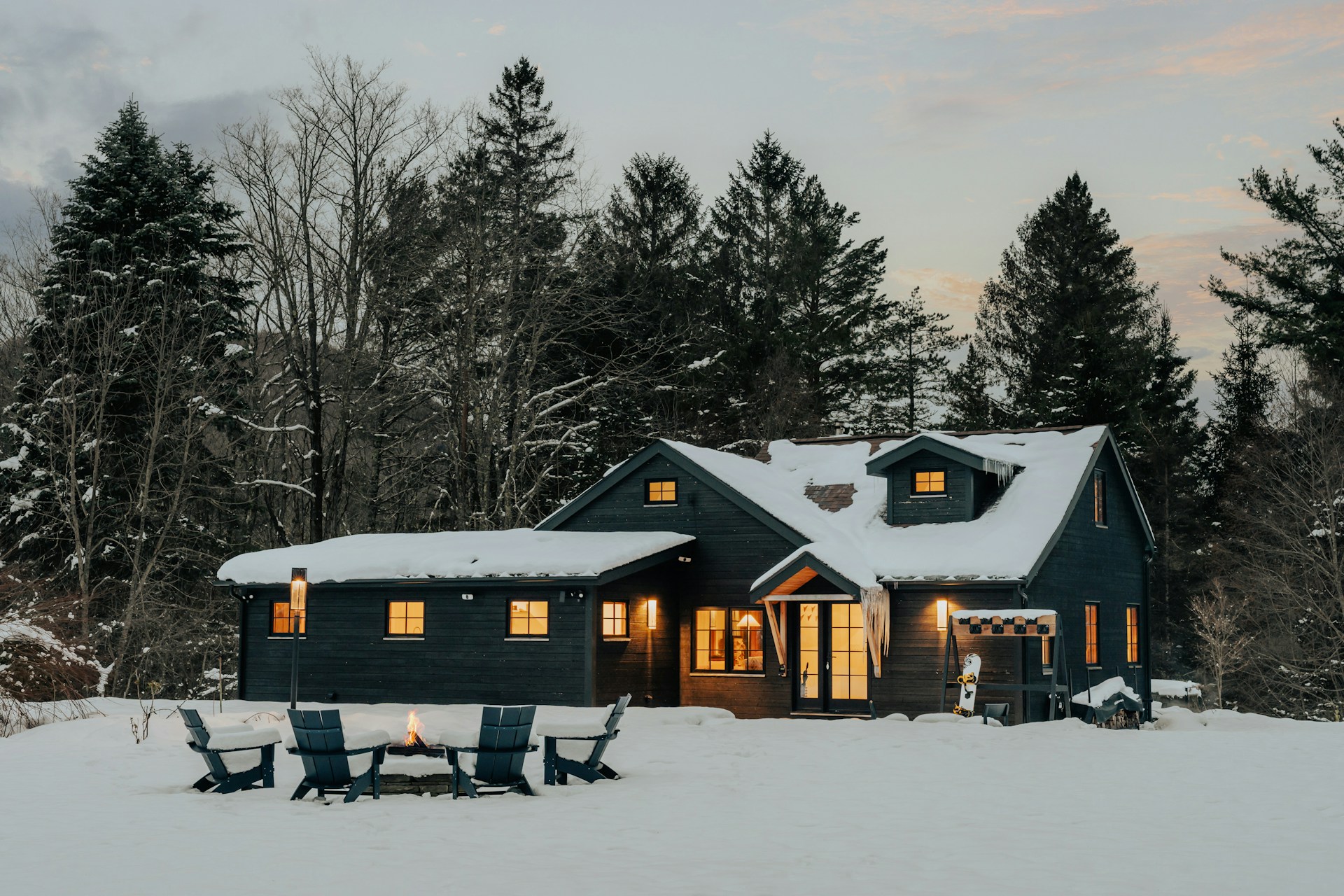Welcome to an in-depth exploration of the world of home basement insulation! In this comprehensive article, we will delve into the various aspects of basement insulation, understanding how it works, and why it’s an indispensable feature for every household. Whether you’re a homeowner looking to enhance energy efficiency or a curious individual eager to learn about insulation techniques, we’ve got you covered.
Home Basement Insulation: How it Works
Home basement insulation functions as a thermal barrier, preventing the transfer of heat between the inside and outside of your home. This critical component aids in maintaining a comfortable indoor temperature throughout the year, ensuring you stay warm during the winter and cool during the scorching summer months.
The Science Behind Basement Insulation
Basements often serve as a buffer between your living spaces and the cold ground. Without proper insulation, the chilly ground temperature can seep into your basement, making the entire home colder. Insulation materials, such as fibreglass, foam board, or spray foam, work as effective barriers by trapping air pockets, which significantly reduces heat transfer.
Types of Basement Insulation
- Fibreglass Insulation: One of the most common and cost-effective insulation types, fibreglass is composed of fine glass fibres and is installed in the form of batts or rolls.
- Foam Board Insulation: Rigid foam boards made from polystyrene or polyurethane are ideal for basement walls, offering high insulating value.
- Spray Foam Insulation: This type of insulation is applied as a liquid and expands to fill gaps and crevices, providing an airtight seal.
- Blown-In Insulation: Perfect for hard-to-reach areas, blown-in insulation consists of loose particles that are blown into spaces using special equipment.
DIY vs. Professional Installation
While DIY basement insulation may seem tempting, it’s essential to recognize the complexity of the task. Professional installation guarantees correct material selection, precise measurements, and thorough coverage, resulting in optimal energy efficiency.
Why We Need Home Basement Insulation
1. Energy Efficiency and Savings
Properly insulated basements minimize heat loss, reducing the workload on your heating and cooling systems. As a result, you’ll notice a significant reduction in your energy bills, saving money in the long run.
2. Enhanced Home Comfort
Insulated basements ensure consistent indoor temperatures, creating a cozy living space regardless of external weather conditions. No more shivering during winter or sweating in the summer!
3. Moisture Control and Mould Prevention
Basement insulation also acts as a barrier against moisture, preventing water infiltration that could lead to mold growth. Keeping your basement dry enhances indoor air quality and protects your home’s structure.
4. Environmental Benefits
Reducing energy consumption through proper insulation contributes to a greener planet. By lowering your carbon footprint, you actively participate in combating climate change.
Tips for Optimal Basement Insulation
Now that you understand the importance of basement insulation, let’s explore some expert tips to ensure you achieve optimal results.
1. Conduct a Thermal Audit
Before proceeding with insulation, perform a thermal audit of your basement. Identify areas with potential air leaks and thermal bridges that may compromise the effectiveness of your insulation. Seal these gaps and cracks with caulk or weatherstripping to enhance the insulation’s performance.
2. Choose the Right Insulation Material
Consider factors such as R-value, installation method, and moisture resistance when selecting insulation materials. Fiberglass is excellent for DIY enthusiasts, while spray foam provides superior air sealing properties. Consult with a professional to determine the best fit for your specific needs.
3. Insulate the Basement Ceiling
Insulating the basement ceiling is crucial if you use the space above for living or working areas. It prevents heat loss to the basement, ensuring your ground-level rooms remain warm and cozy.
4. Insulate Exterior Walls
Insulating basement exterior walls is equally essential, especially if you have a walkout basement. This prevents cold air from penetrating the basement, creating a more comfortable and consistent indoor environment.
5. Consider Vapour Barriers
In regions with high humidity, consider installing vapour barriers along with insulation. Vapour barriers prevent moisture from seeping into your walls, preventing mould and mildew growth.
6. Insulate Rim Joists
Don’t forget to insulate the rim joists around your basement. These areas are often overlooked, but they contribute to heat loss and energy inefficiency. Use foam board insulation or spray foam to seal these gaps effectively.
7. Professional Installation
While DIY projects can be rewarding, basement insulation is a task where professional expertise is invaluable. Trained insulation contractors can ensure a seamless installation, maximizing energy efficiency and long-term savings.
8. Utilize Natural Light
Consider incorporating windows or light wells in your basement design to allow natural light to enter the space. This reduces the need for artificial lighting and enhances the overall energy performance of your home.
9. Optimize for Soundproofing
If you plan to use your basement as a home theatre or a music room, consider soundproofing the walls with acoustic insulation. This will prevent sound leakage and create a more enjoyable space for your hobbies.
10. Monitor Energy Consumption
After completing your basement insulation project, keep track of your energy consumption. Compare utility bills before and after insulation to quantify the impact and confirm your energy savings.
FAQs About Home Basement Insulation
Absolutely! Basement insulation significantly reduces heat loss, leading to lower energy consumption and noticeable savings on your utility bills.
While foam board insulation can be used on basement ceilings, it’s crucial to consider fire safety and local building codes. Consult a professional for guidance.
Yes, fiberglass insulation is generally considered safe when installed correctly. However, wearing protective gear during installation is advisable to avoid skin irritation.
While it’s possible to DIY basement insulation, professional installation ensures proper coverage and maximizes energy efficiency.
Yes, basement insulation can help dampen sound transfer between floors, creating a quieter and more peaceful living environment.
The ideal R-value for basement insulation depends on your climate zone. Consult local building codes or an insulation expert for the best recommendation.
Yes, using recycled insulation materials is an eco-friendly option. Many manufacturers offer insulation products made from recycled materials that perform just as well as new ones.
Absolutely! Basement insulation reduces energy consumption, leading to a lower carbon footprint. It’s a small yet significant step towards a more sustainable lifestyle.
In most cases, removing old insulation isn’t necessary. However, if the existing insulation is damaged or damp, it’s best to replace it to ensure effective results.
Properly installed and maintained basement insulation can last for several decades. Regularly inspect your insulation for any signs of damage or wear.
Yes, you can combine different insulation types to maximize energy efficiency. Consult an expert to determine the most suitable combination for your specific requirements.
Insulated basements are considered a valuable asset and can positively impact your home’s resale value. Buyers appreciate energy-efficient features that offer long-term savings.
Conclusion
Home basement insulation is a vital aspect of any energy-efficient and comfortable household. By understanding how it works and why it’s essential, you empower yourself to make informed decisions about your home’s insulation needs. From energy savings to mould prevention, basement insulation offers numerous benefits that can’t be overlooked.
So, if you want a more eco-friendly, cozy, and cost-effective home, consider investing in high-quality basement insulation. The rewards in comfort and savings will be well worth it.




